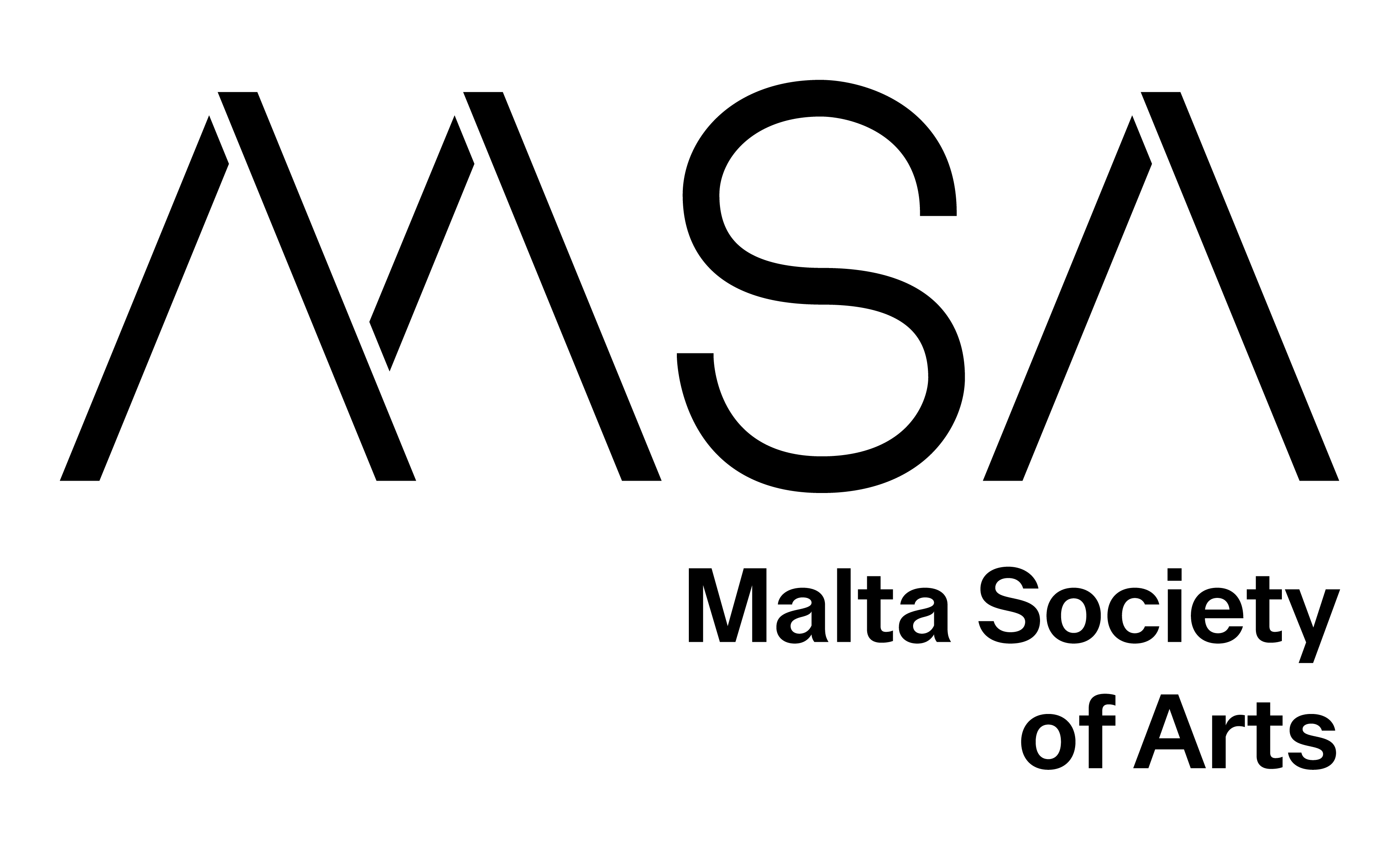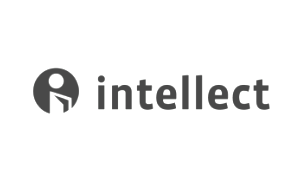In English rivers, lakes, seas are BODIES OF WATER. In Polish the name „akwen” refers more to space than a body.
A body can get hurt, fall ill or die.
Bodies are fragile.
Riverbed - a bed where a body can lie down.
A bed that should not be violated.
A bed that should be respected.
In Polish „koryto” again refers more to space and to the river’s boarders and these can be regulated, controlled, violated.
In the „working River” I look into the past, present and future of the Rhine. Probably not the most majestic but one of the most hard working rivers in Europe. A busy waterway. Precisely regulated, strictly controlled, highly sensitive to climate change consequences. So important economically that there is no room for weakness. The river is supposed to perform what has been planned for it. Like in a yearly business plan.
But what if the Rhine is at some point unable to cope?
In 2018 it actually „dared” to be unable. The navigation was put on hold for over 3 months. The economic impact was so huge and destabilizing that a package of remedies has been conceived in Germany. One of the relatively quick and easy solutions will be further regulation/ correction - this time cautiously called optimization.
Despite more awareness of the ecological consequences and the possible inadequacy of the means to solve the problem in the rapidly changing future, there are serious plans to resort to digging once again.
Straight into the riverbed.
Not deep, yet deep enough to unbalance the already fragile aquatic ecosystems and destroy the beauty of the area which has inspired artists since the Romanticism.
In the dramatically changing climate circumstances this is once again, and unsurprisingly, not us trying to step back and adjust to a river but us trying to push forward and adjust the river to our needs. Without much regard to the aquatic ecosystems and the cultural heritage connected with the river.
The rewilding of this busy waterway is probably not possible as it would require a total and global change in our consumption patterns. When compared to rail or roads water transportation is still the cheapest and the least ecologically devastating (there is no option for eco-friendly nor neutral way of using the river on such a scale). The ship traffic will not disappear from the Rhine but the workload should not be pushed regardless of the natural conditions.
The talk and presentation will include both a reflection on the process of building a more intimate relation with the rivers by me as an individual and an artist as well as a close look at the unbalanced relations people have with the rivers forcing on them the fulfillment of the endless and expanding greed and urge for all sorts of consumption. The Rhine will be taken as an example I’ve worked personally with but also other rivers and unbalanced relations will be mentioned. As well as good practices and possible, though maybe idealistic, systematic solutions
Born in 1982. Lives and works in Poznan, Poland. Visual artist. Teaches at the Photography Faculty (University of the Arts in Poznan, Poland). Co-curator and curator of photography exhibitions (eg. during: Photokina Academy, Cologne, DE 2014; TIFF festival, Wroclaw, PL 2016; the European Month of Photography, Berlin, 2016; International Photography Festival INTERPHOTO, Bialystok; PL 2017, Riga Photo Month 2019, LT; Chiang Mai Photo Festival 2020, TH).
Her field of artistic research embraces a wide scope of what might be called „Conflicted Landscapes”. She has worked i.a. on the notions of Landscape & Power, Landscape & Trauma, Landscape of Loss. Her main medium is photography, she also experiments with ceramics, video, installations. Her work often involves field research and research journeys. Participated in artist residencies in Spain, Thailand, France, presented her works in individual and group exhibitions and conferences in Poland, Germany, Belarus, Slovakia, Lithuania, Spain, Sweden, Greece, Wales, Indonesia, Portugal.
Back







